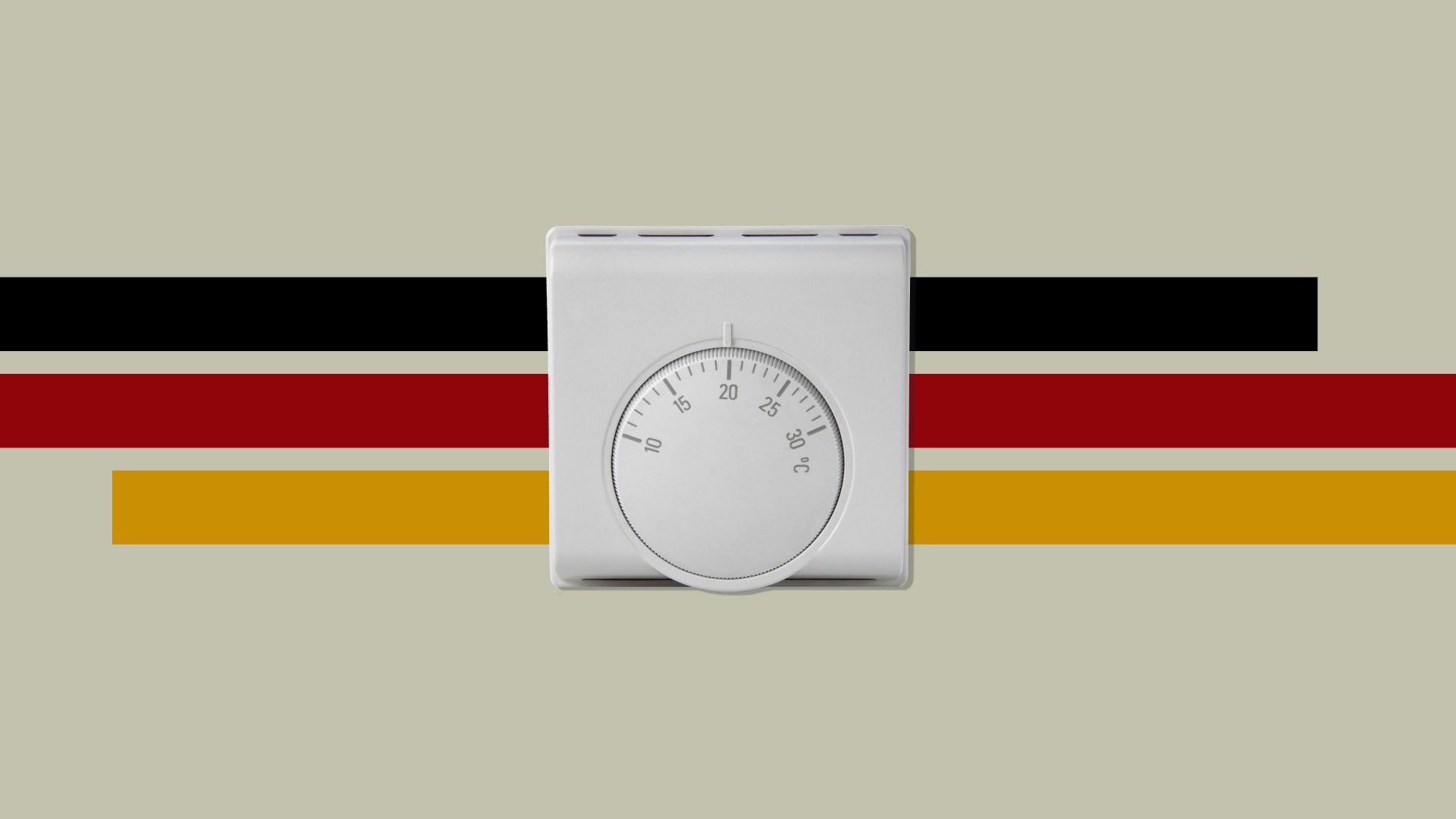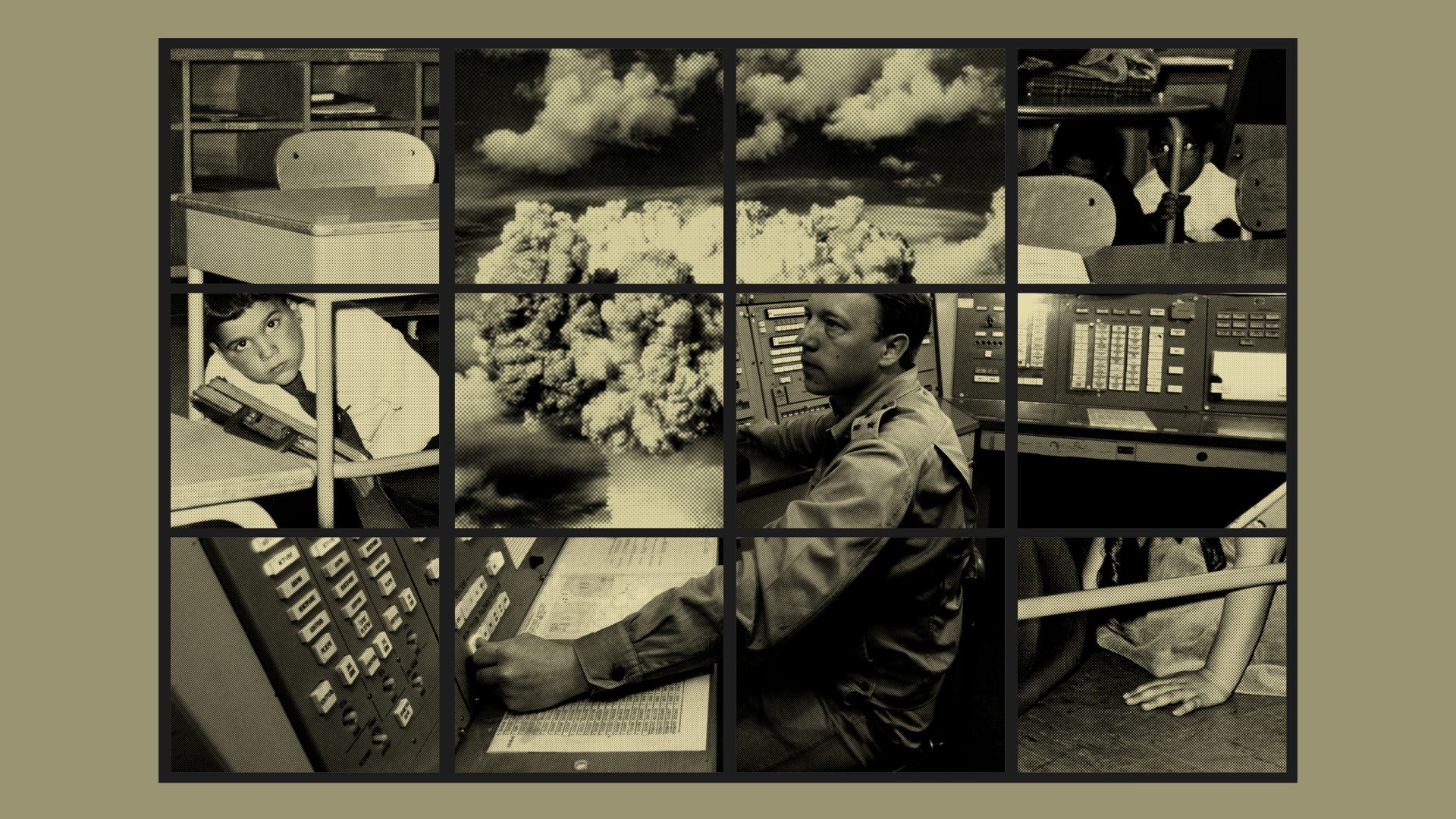Winter is coming.
In Berlin and elsewhere, it may still be garden party season. But apart from uproar over the BBQ last Sunday when our brave Germanettes were denied a penalty at Wembley, the main topic of discussion is survival strategies for the Putin-infused chilly months.
Here’s a small sample from my latest garden drinks event:
An elderly widower wondered which room in his spacious Berlin flat he should best keep as a heated HQ of sorts. He went for the kitchen, and dwelled in childhood memories of tiled ovens.
A 40ish male singleton talked about the electric fan he had just purchased. And that, while at it, he had also bought an electric heater. Just a small one, he added, apologetically.
A couple, mid-50s, seemed willing to turn our nuclear power plants back on single-handedly.
Also present: a few privileged Mediterranean house owners (guilty as charged myself), slightly fearful of the famous German Neidkultur (culture of envy), quietly prepping in their heads for an energy crisis evacuation.
Obviously, this doesn’t represent the majority of Germans, who are, forgive my language, pretty f****d. Either way.
Because much as government politicians try to convince us that we only have a Wärmeproblem (a problem with warmth, how Freudian…) and not a Stromproblem (electricity problem), we do have both.
Electricity costs in Germany have been much higher than elsewhere in Europe for years, now they are exploding.
And of our 40 million homes, nearly 20 million are gas-heated. Many of us have switched from oil to gas in the last decades because it was cheaper (or so we thought), and slightly eco-friendlier.
So, currently, there’s a rise in suspense upon following the news tickers:
NordStream 1 only gets half the gas supplies agreed upon +++ German gas storage levels at 65% +++ Government promises to be up to 90% by autumn +++ Now just a quarter of gas coming through +++ Latvia cut off entirely from gas supplies
But as said, it’s not just the gas: it is increasingly a social divide.
Every German household will have to pay a few hundred euros extra for heating and electricity alone in the coming months. Many cannot afford it (at least people on social welfare will be covered). Not just private households, whose landlords are already raising the down payments on running costs, but small businesses, too, who need a lot of energy (think of bakeries) and who already have difficulty paying their bills. Not to mention inflation biting away at everyone’s earnings, like in the UK.
But the question of a compulsory lowering of the central heating to 18C (day) and 16C (night) is of course nothing compared with the challenges faced by German mid-level and large industry. The backbone of our wealth. Producing glass, chemicals, construction materials, paper, steel, aluminium, copper, zinc and ceramics is, to put it mildly, energy-intensive.
So there’s an ongoing discussion about energy triages (who’ll get priority – companies who give jobs to humans or humans at home?). This raises dark memories about the extremely difficult choices in hospitals in the pandemic.
But give it a few months, and – again, like in the pandemic – there will also be calls for people to report neighbours. Only this time it won’t be about too many people in a room (harvesting body heat is welcome, I assume) – but about Frau Müller showering for too long.
Yes, there have been one-off payments and tax reductions to lower the burden – but Covid debt makes it hard to do more. So for now, citizens are bombarded with “how-to” advice by politics and media about making an energy sacrifice. Wear warmer clothes, fully switch off stand-by functions, use energy-efficient household electronics and so on.
The current government rock star, Green Party business affairs minister Robert Habeck, recently revealed in Der Spiegel: “Never in my life have I showered for five minutes. I shower fast.” And yes, pollsters took the bait and started to ask Germans about their shower time: 62% do it shorter and less frequently compared to a few weeks ago (luckily, you can’t smell it… yet).
The big picture to watch in the coming weeks is of course if the Greens – a party deeply rooted in the anti-nuclear energy movement – will make their own sacrifice and allow for the last remaining nuclear power plants in Germany to run a little longer.
At least, if all things go amiss, it seems the Mediterranean back-up plan could work not just for homeowners. “No German will freeze in Greece,” Greek tourism minister Vasilis Kikilias declared in Bild, inviting pensioners to the mild winter climate. And indeed, statistics show that long-term bookings to the south are picking up.
And then, of course, there’s always another go-to place for winter tourism: Moscow. At least if your name is Gerhard Schröder.




